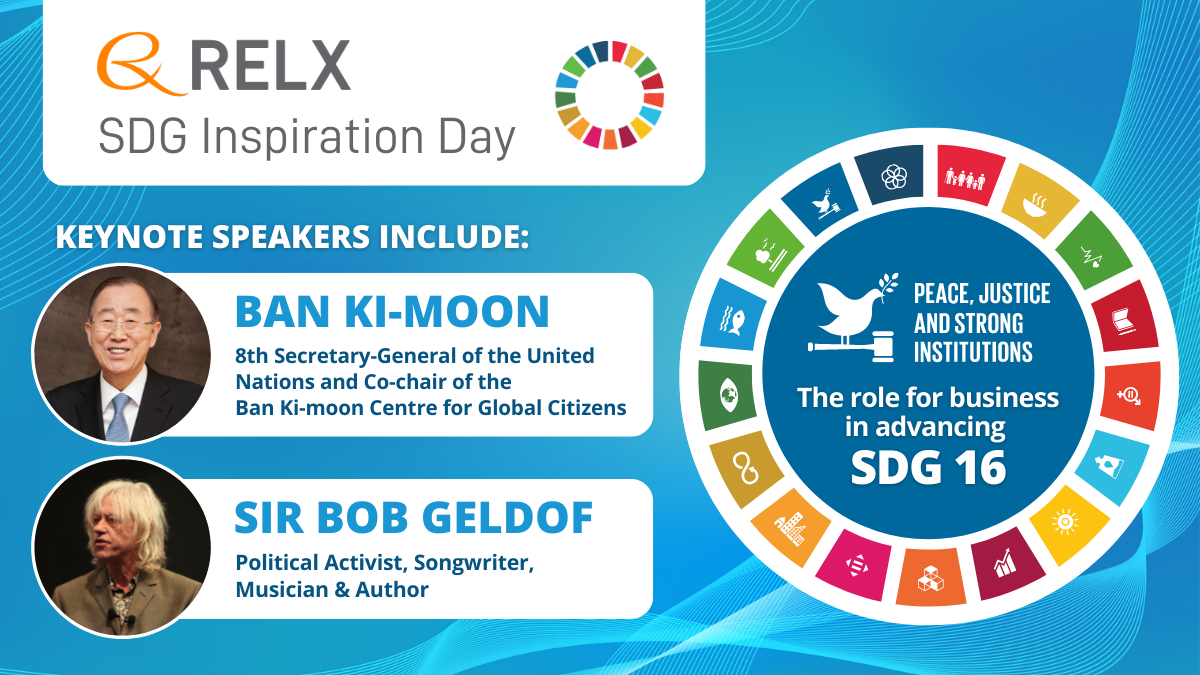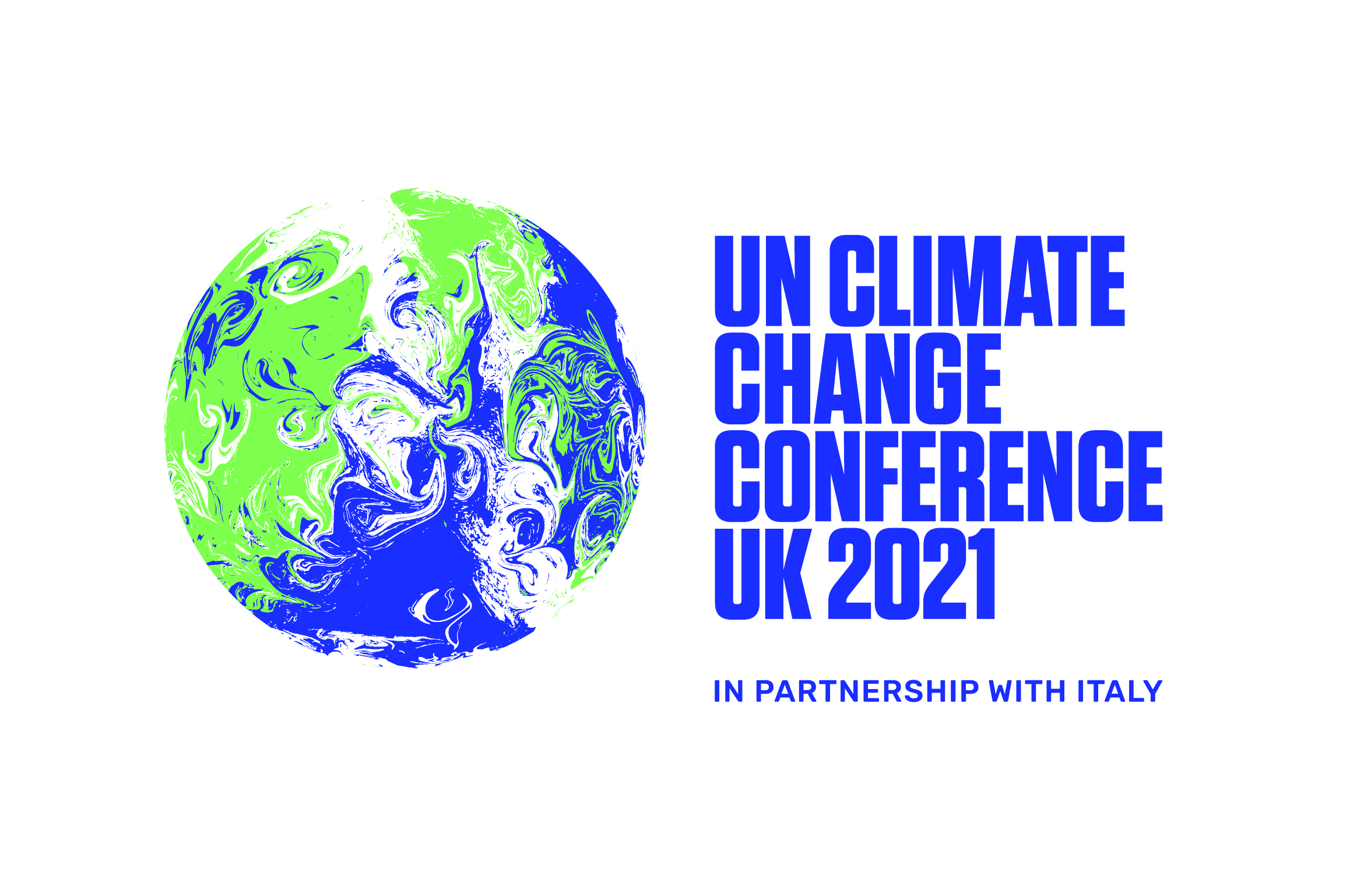The concept of the Rule of Law is fundamental to achieving the United Nations' Sustainable Development Goals (SDGs). In particular, SDG 16 aspires to "promote peaceful and inclusive societies for sustainable development, provide access to justice for all and build effective, accountable and inclusive institutions at all levels." The Rule of Law is a foundation for all these aims.
The Rule of Law represents a principle of governance that all persons, institutions, entities, public and private, including the state itself, are accountable to laws that are publicly promulgated, equally enforced, and independently adjudicated. In the context of SDGs, the Rule of Law ensures equitable access to justice (SDG 16.3), strengthens corruption-free institutions (SDG 16.5), and nurtures peaceful societies (SDG 16.1).
Equal access to justice under the Rule of Law is central to reducing inequalities (SDG 10) and ensuring no one is left behind. It safeguards individuals' rights, including those of vulnerable groups like women, children, and marginalized communities, facilitating their access to basic services and protection, thereby helping achieve goals related to poverty eradication (SDG 1), good health and well-being (SDG 3), quality education (SDG 4), and gender equality (SDG 5).
The Rule of Law is also intrinsic to building effective, accountable institutions (SDG 16.6). These institutions play a pivotal role in providing public services, managing public resources, and upholding civil rights. When corruption, bribery, theft, and tax evasion are substantially reduced (SDG 16.5), resources can be appropriately allocated to support sustainable development initiatives.
Moreover, peaceful societies, a primary aim of SDG 16, are facilitated by the Rule of Law. A society where laws are respected and fairly applied fosters an environment of security and stability. It deters violent conflict, promotes human rights, and encourages social and economic development.
COP26 is the 2021 United Nations annual climate change conference. COP stands for Conference of the Parties. Parties are the signatories of the United Nations Framework Convention on Climate Change (UNFCCC) - a treaty agreed in 1994 which has 197 Parties (196 countries and the EU). The 2021 conference, hosted by the UK, together with our partners Italy, in Glasgow, will be the 26th meeting of the Parties, which is why it's called COP26.
The Impacts of Climate Change, A Comprehensive Study of Physical, Biophysical, Social, and Political Issues, 2021, Pages 521-535




